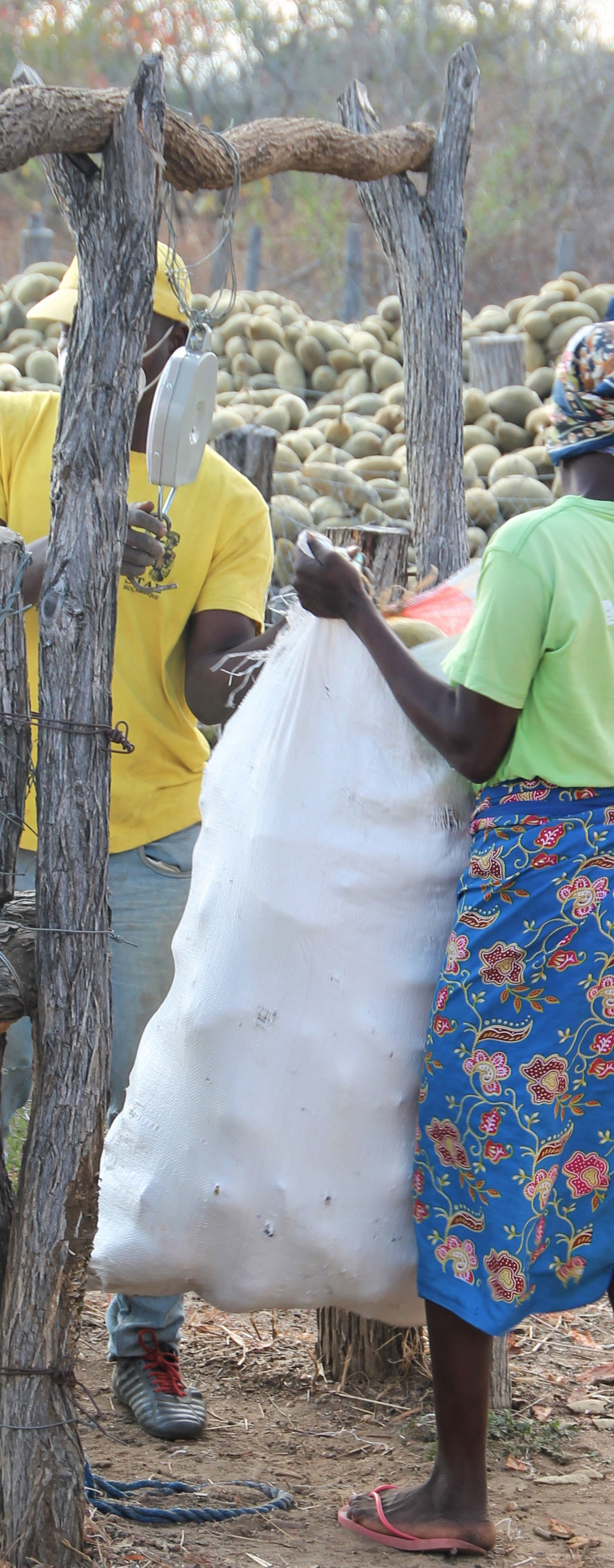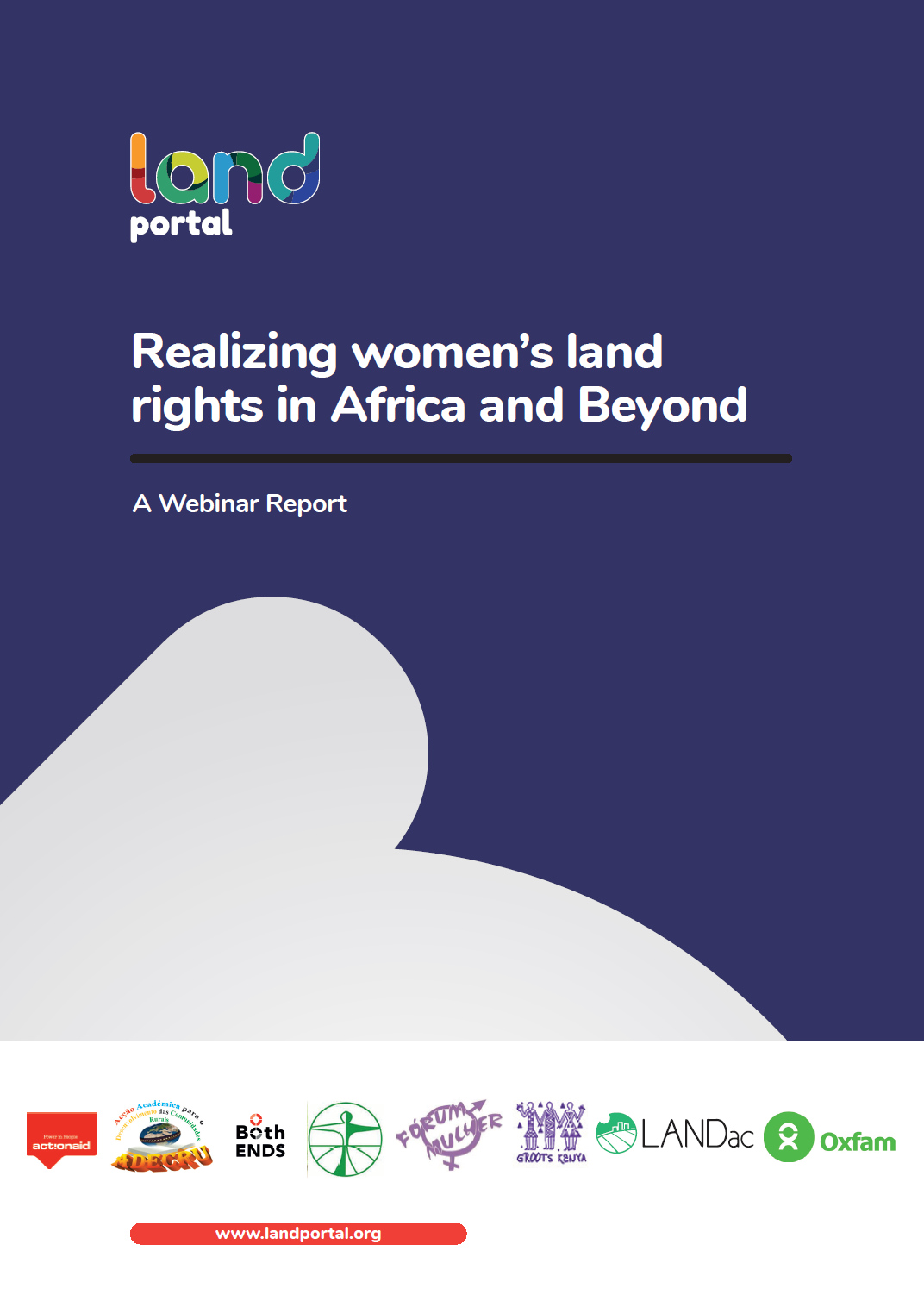A Portucel Moçambique está a desenvolver um projecto florestal integrado com uma indústria de produção de pasta para papel em Moçambique, assegurando a partilha de valor para promover o desenvolvimento socioeconómico sustentável das comunidades e melhorar o conhecimento e o respeito pelo…
Global climate change policy enforcement has become the new driving force of resource grabbing in the context of the “scramble of resources” in Africa. Nevertheless, the environmental crisis should not be seen as an isolated phenomenon amid contemporary capitalism. On the contrary, a very…
This paper focuses on the baobab value chain in the north of Manica Province, and specifically on the ways in which commercialization of the value chain with Baobab Products Mozambique is beginning to have an impact on the gender dynamics within the households of the women collectors.
…
This reflection paper focuses on the baobab value chain in the north of Manica Province and, specifically, on the ways in which commercialization of the value chain with Baobab Products Mozambique (BPM) is beginning to have an impact on the governance of land and natural resources, including…
Moçambique tem visto muitos investimentos em grande escala com financiamento e operadores nacionais e internacionais, muitas vezes envolvendo a agricultura e a silvicultura de plantações. Frequentemente, os investimentos procuram adquirir grandes propriedades que permitem aos operadores…
This bulletin focuses on land tenure regularisation (LTR), with articles from practitioners to accompany the new LEGEND report <a href="https://landportal.org/library/resources/…
This reflection paper focuses on the baobab value chain in the north of Manica Province, and specifically on the interactions between women baobab collectors and Baobab Products Mozambique (BPM), as BPM seeks to develop its inclusive business model.
For the last three years, the commercial…
The LandAssess Tool is a risk assessment and management framework. It provides a clear and simple set of checklists that generate a report to help companies assess and manage how they respect land rights. This tool responds to the gap between companies’ commitments to recognize land rights and…
In recent years, numerous companies have made commitments to better recognize and respect land rights throughout their supply chains. For Illovo Sugar Africa ("Illovo"), Africa’s largest producer of sugar, this entailed committing to "zero tolerance for land grabs," as well…
The LandAssess Tool is a risk assessment and management framework. It provides a clear and simple set of checklists that generate a report to help companies assess and manage how they respect land rights. This tool responds to the gap between companies’ commitments to recognize land rights and…
In October 2016, women farmers from 22 countries across Africa climbed the peak of Mount Kilimanjaro to claim women’s rights for access to and control over land and natural resources. This event coincided with the launch of a campaign of the African Land Policy Centre (ALPC) to reach the target…
The Food and Agriculture Organization of the United Nations (FAO) has developed a series of Technical Guides to elaborate and provide more detailed guidance on thematic areas contained within the Guidelines. As part of this series, this Technical Guide covers the issues associated with the…











